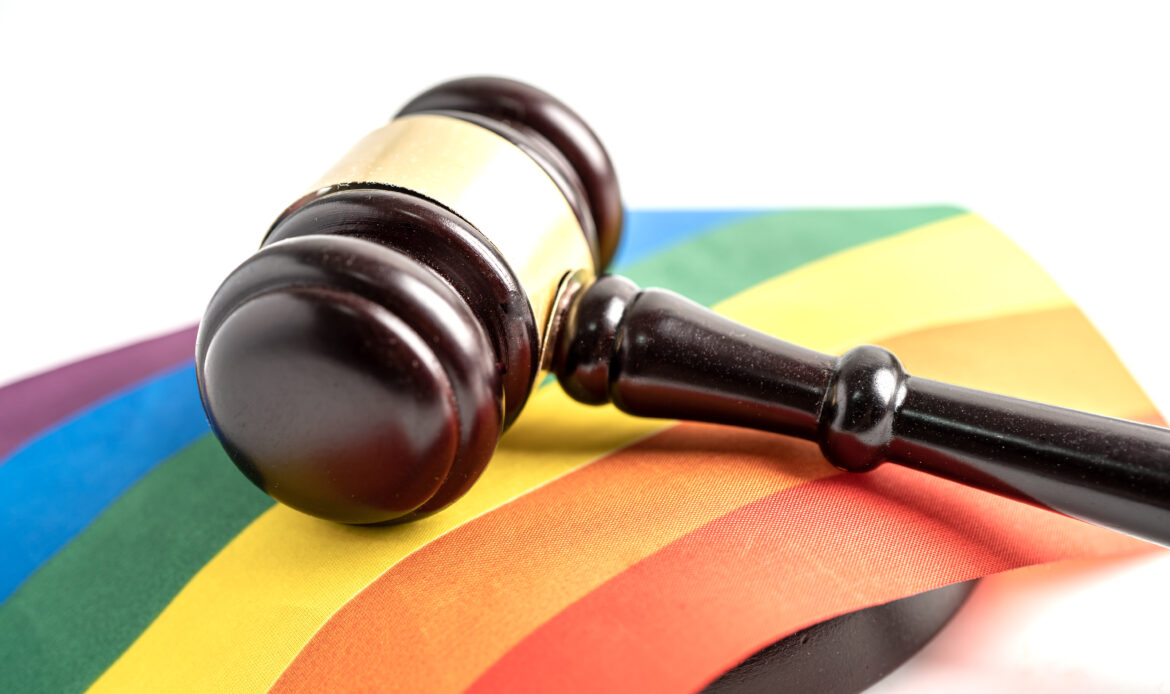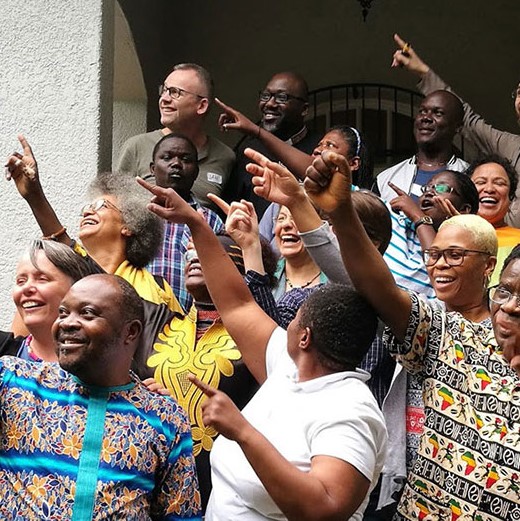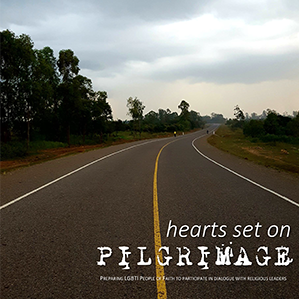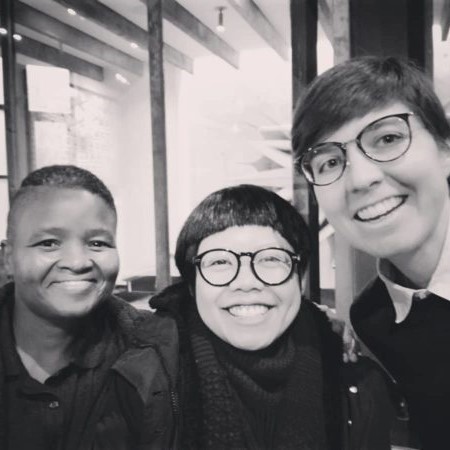As you may know, the next thematic report of the Independent Expert on protection against violence and discrimination based on sexual orientation and gender identity (IE SOGI), to be presented in the 53rd session of the United Nations Human Rights Council in June 2023, will be on freedom of religion and belief (FoRB) and SOGI.
According to the IE SOGI, the report will take international human rights law as a point of departure to explore “the legal, political, and ethical dynamics between the human rights of persons with diverse sexual orientations and gender identities and the human right to freedom of religion or belief, as well as the narratives surrounding the implementation of these sets of rights”, including “long-established and emerging discourses driving perceived contradictions between FoRB and freedom from violence and discrimination based on SOGI”.
The call for inputs is now open and will run until 15 January 2023. We believe this is an exceptional opportunity for GIN-SSOGIE to submit a comprehensive and ground-breaking report bringing together the local and regional inputs from our members from all over the world on the intersections of FoRB and SOGI, which can be a powerful tool for our members’ work, concerns, and priorities to be reflected in a report at the United Nations.
We are starting a process to collect information from our members and reach out to strategic experts in order to prepare this report. Thus, we encourage you to get involved in this historic process and join a coordination call via Zoom on Monday 5th December at 3pm Geneva time.
Join Zoom Meeting
https://us02web.zoom.us/j/86852249542?pwd=SVJ6eXZaMjlURUZDOUZLNFRmcDU0Zz09&from=addon
Meeting ID: 868 5224 9542
Passcode: 378920
The idea is that members provide GIN-SSOGIE with information by answering the following questions before 23 December 2022 to serve as input to build the submission:
-
What are the actual or perceived points of tension (if any) between the right to manifest one’s freedom of religion or belief, and freedom from violence and discrimination based on sexual orientation and gender identity? Are there any areas in which they are mutually exclusive?
-
Are there any ways in which the right to freedom of religion or belief, and freedom from violence and discrimination based on sexual orientation and gender identity are mutually reinforcing?
-
Are there examples where gender and sexual diversity has been used in religious, traditional, or indigenous narratives or values in a manner which promotes the acceptance of LGBT+ individuals, or protects LGBT+ individuals from violence and discrimination? Has this informed any legal interventions or public policies?
-
What are the key trends or significant instances of discriminatory or abusive practices by individual providers of goods or services in the public sphere against LGBT+ and gender-diverse persons that rely on religious narratives?
-
Has the State adopted, in public policy, legislation or jurisprudence, norms purportedly based on protecting freedom of religion or belief that promote, enable and/or condone violence and discrimination against individuals based on sexual orientation or gender identity? If so, please give examples, with commentary as needed to explain context, scope, and application.
-
Has there been any legal challenge to these policies/provisions under any domestic, regional, or international human rights provisions? If so, state the outcome and rationale of the case. If not, provide your opinions as to why such a challenge has not yet been brought.
-
Are there any examples of State restrictions based on preventing violence and/or discrimination against LGBT+ persons that prohibit or limit practices undertaken in the name of the religion or spirituality, such as public accommodation non-discrimination protections? If so, have they been legally challenged on the basis of freedom of religion or belief? If yes, explain the outcome and rationale of the case(s).
-
What role (if any) has the concept of conscientious objection played in limiting the full enjoyment of the right to freedom from violence and discrimination on the basis of sexual orientation and gender identity?
-
Has the scope and application of conscientious objection been sufficiently defined, limited, and/or regulated so as to strike a fair balance between manifestation of one’s freedom of religion or belief, and freedom from violence and discrimination based on SOGI? Where the doctrine is invoked to permit the withholding of goods or services to members of the LGBT+ community (such as in the context of sexual and reproductive healthcare, provision of marriage licences, access to consumer goods, etc.), do State laws provide alternative access to goods or services?
-
Where State legislation or policy requires the reasonable accommodation of religious beliefs, practices, and/or institutions, are there instances where such laws or policies limit freedom from violence and discrimination against LGBT+ and gender-diverse persons? These may include but are not limited to exemptions from non-discrimination legislation, and/or accommodations within the workplace, educational institutions, healthcare-settings, the justice system, etc. Are there reports of violence, spiritual abuse, and/or other forms of discrimination against LGBT+ and gender-diverse persons because of these practices?
-
Good Practices:
-
Provide any examples of good practice – at the international, national or local level – where State and non-State actors (including faith leaders, groups and organisations, international organisations, civil society organisations, and the UN human rights system) have taken effective measures to protect and promote freedom of religion or belief of LGBT+ and gender-diverse persons, and made efforts to prevent, mitigate and respond to any violence and/or discrimination justified in the name of religion.
-
Provide any examples of measures by State or non-State actors to ensure effective participation of people with diverse gender identities and sexual orientations in religious, cultural, social, and public life. Please provide relevant examples where LGBT+ people have asserted their individual or collective rights to access (or establish) religious or spiritual frameworks and institutions.
-
Although the submission has a maximum extension of 2500 words, additional supporting materials -such as reports- can be annexed. Therefore, if your organization has produced any research or reports on the topic, we think they can be valuable resources to be sent as annexes to the general submission.
Finally, if you have in mind experts who could provide relevant information to nurture GIN-SSOGIE’s submission, we would greatly appreciate sharing their contacts with us.
Should you have any questions, please feel free to reach out to Diego Quesada (diego@gin-ssogie.org) or Yahia Zaidi (yahia@gin-ssogie.org).





